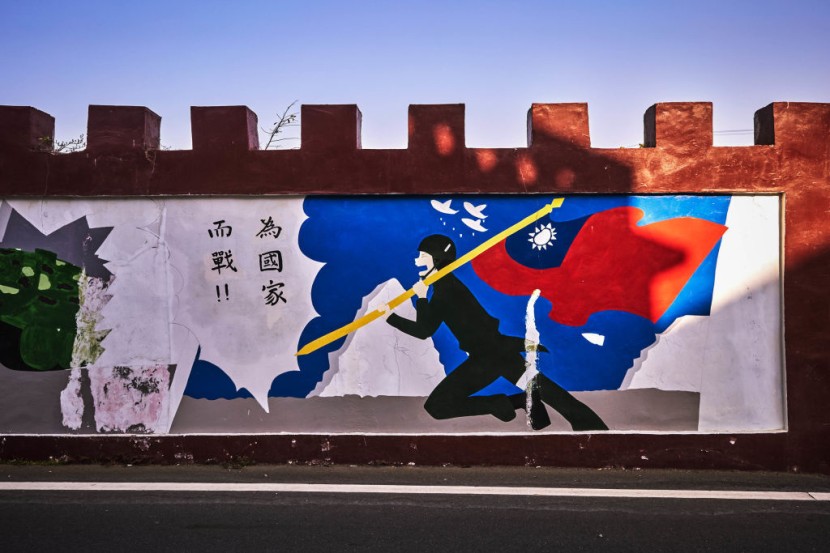
China unprecedentedly declared that it was suspending the import of Taiwan's pineapples, reminiscent of the tariffs it imposed on Australian wines. Numerous netizens called for a freedom campaign to "pair Taiwanese pineapple cake with Australian wine" to support the two nations.
China Prohibits Taiwanese Pineapples
According to Agriculture Minister Chen Chi-chung, China's imposition of a prohibition on Taiwanese pineapple imports will eventually backfire. He said so in an interview.
Pineapples are the most recent products to land in China's crosshairs, as its derailing relationship with Taiwan reaches trade. For years, Taiwan's farmers have made great profits selling their pineapples to China's consumers, expanding their fields yearly, reported World Politics Review.
China's abrupt barring of Taiwanese pineapples fails to meet the standards of international trade rules, according to Taiwan's minister of economic affairs, Wang Mei-Hua. Beijing on Friday declared it would temporarily halt imports of the tropical fruit from the island from March 1, reported CNBC.
Pineapples reportedly comprise around 40 percent of Taiwan's total fruit exports. Ninety percent of them go to China.
On February 26, China's General Administration of Customs declared that pineapple imports from Taiwan would be suspended as of March 1. According to Ma Xiaoguang, a spokesman from the Taiwan Affairs Office of the State Council, harmful organisms had been detected "multiple times" on imported Taiwanese pineapples, reported Produce Report.
Chen stated the government got caught off guard because China did not implement a ban in 2020 when several of Taiwan's pineapples were discovered to contain insects. Chen stated if China continues using trade as a political tool, it will face drawbacks as nations committed to free trade will stand in unison and pounce back.
Also Read : China Bans BBC for Reporting News That Harms National Interests, but Move Is Seen as Retaliation
Even as cross-strait ties soured, Taiwanese farmers ignored warnings regarding their overdependence on the Chinese market. That all came to an end this week, right when the harvest season commenced.
The prohibition was put in place due to Chinese customs officials discovering pests in pineapples imported from Taiwan. According to a spokesperson for the Taiwan Affairs Office of the State Council, an administrative agency under China, the pests posed a severe threat to China's ecological and agriculture security if not intervened.
Ma remarked that to alleviate the risk of an agricultural epidemic, China's General Administration of Customs would ensue the suspension. However, he clarified this was a "routine biosafety precaution" based on science and adheres with mainland Chinese laws and regulations.
A rubber-stamp body, China's National People's Congress, is slated to open in Beijing on Friday. It is believed that the import prohibition is a politically-inspired move before its largest political meeting this 2021. Taiwan disagreed with China citing the detection of pests in justifying the import ban.
According to President Tsai Ing-wen, the ban is not based on normal trade factors. She described the unilateral notice by Beijing as an "ambush." She also has attempted to downplay the impact of the trade suspension.
© 2026 HNGN, All rights reserved. Do not reproduce without permission.








